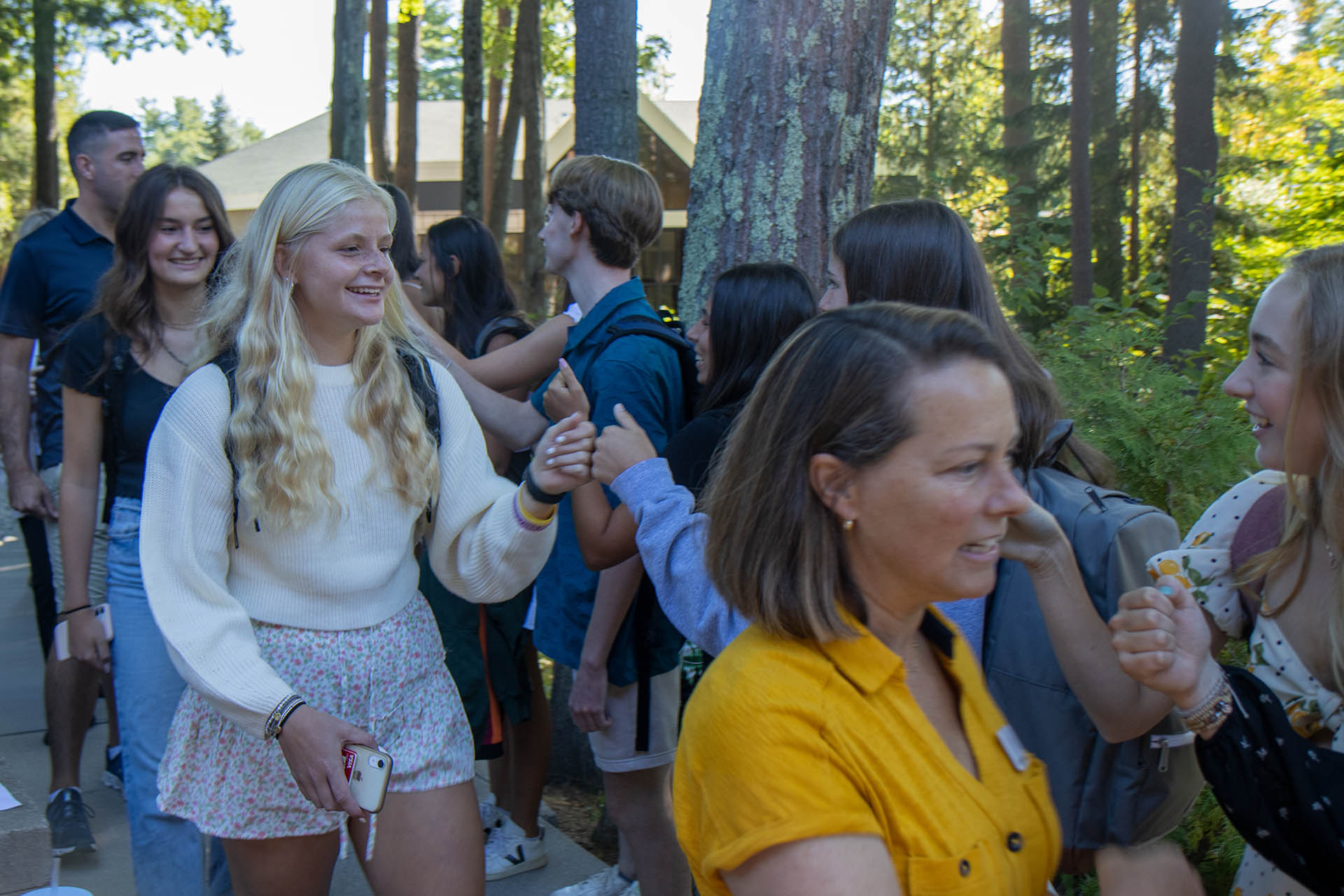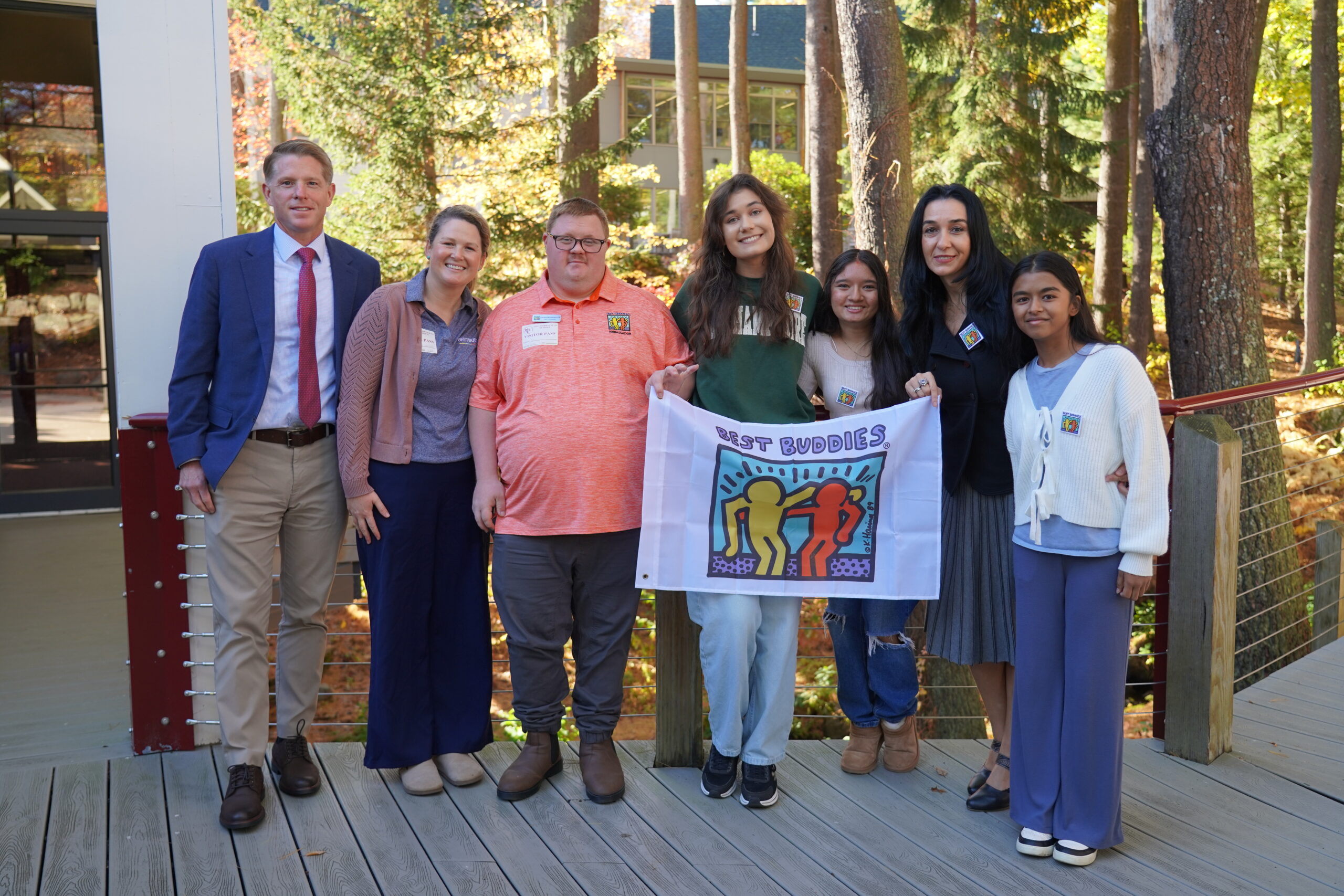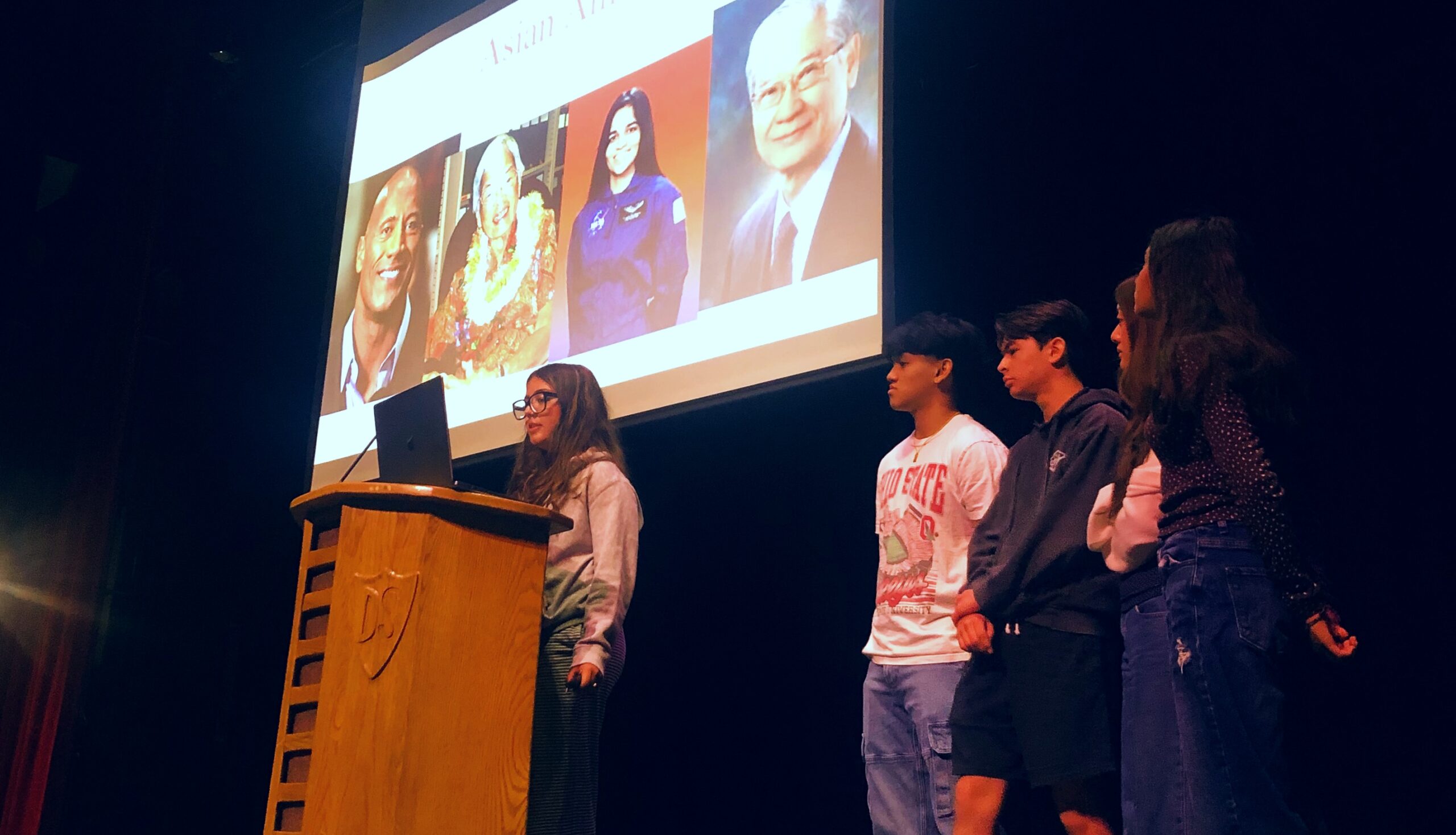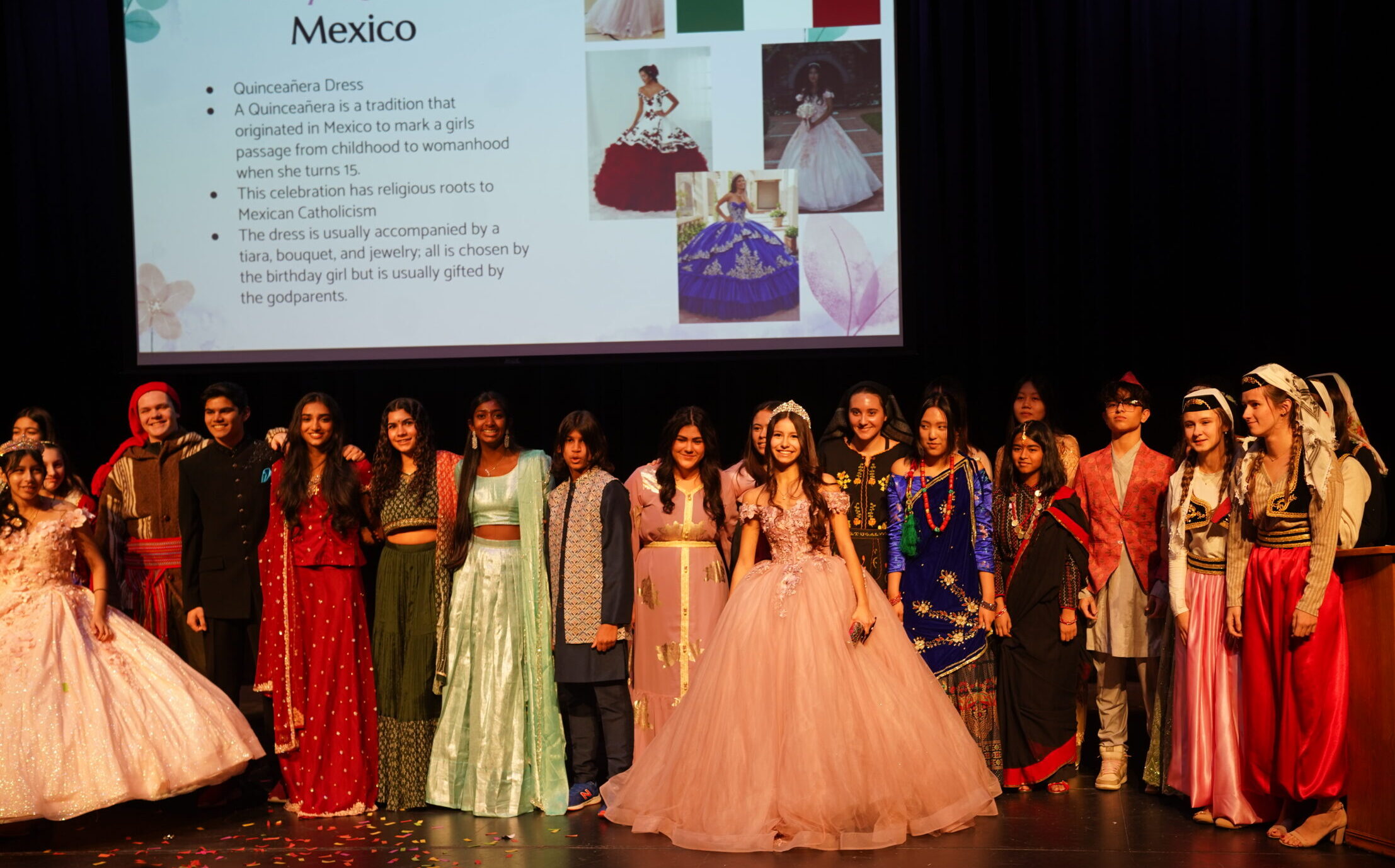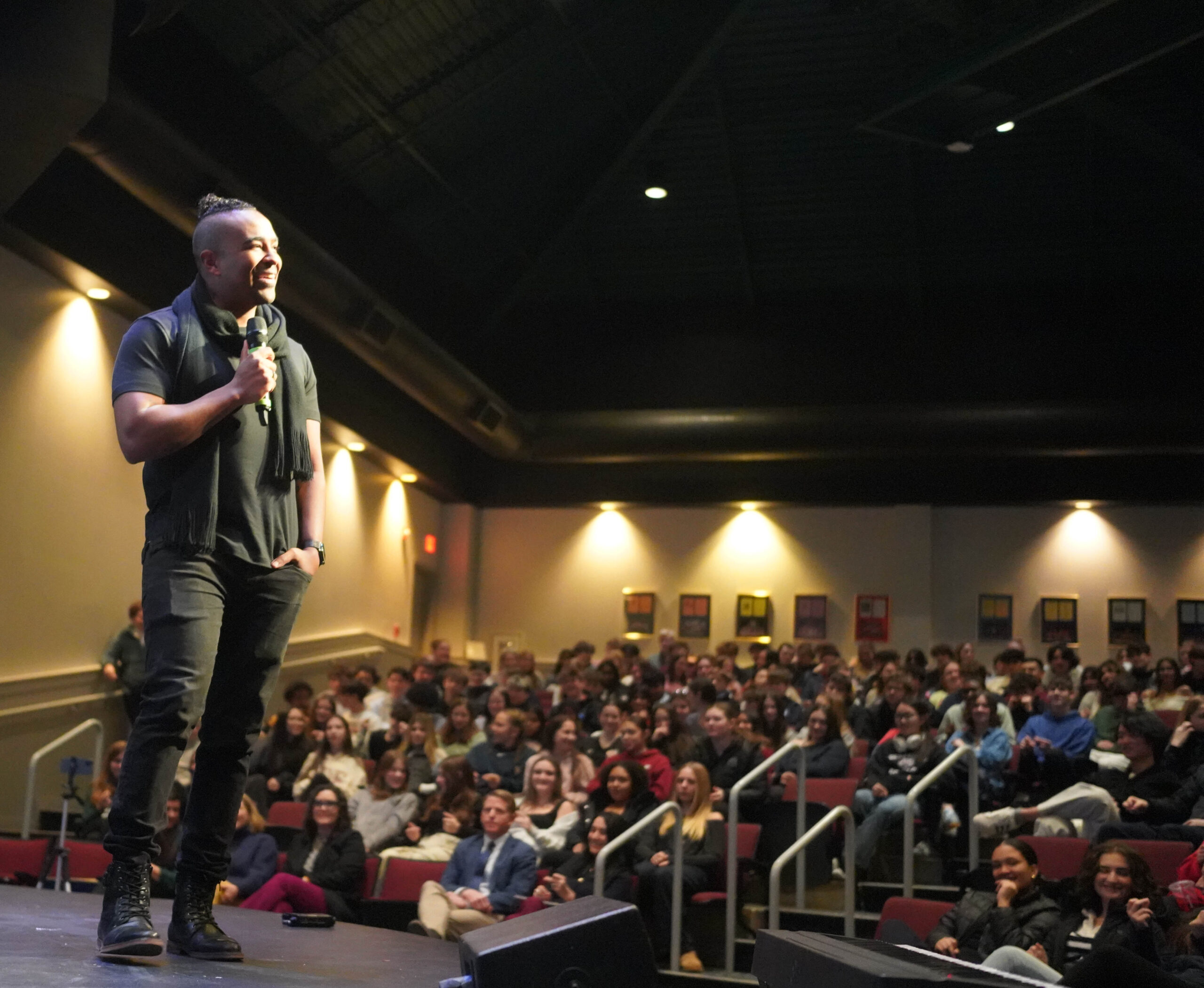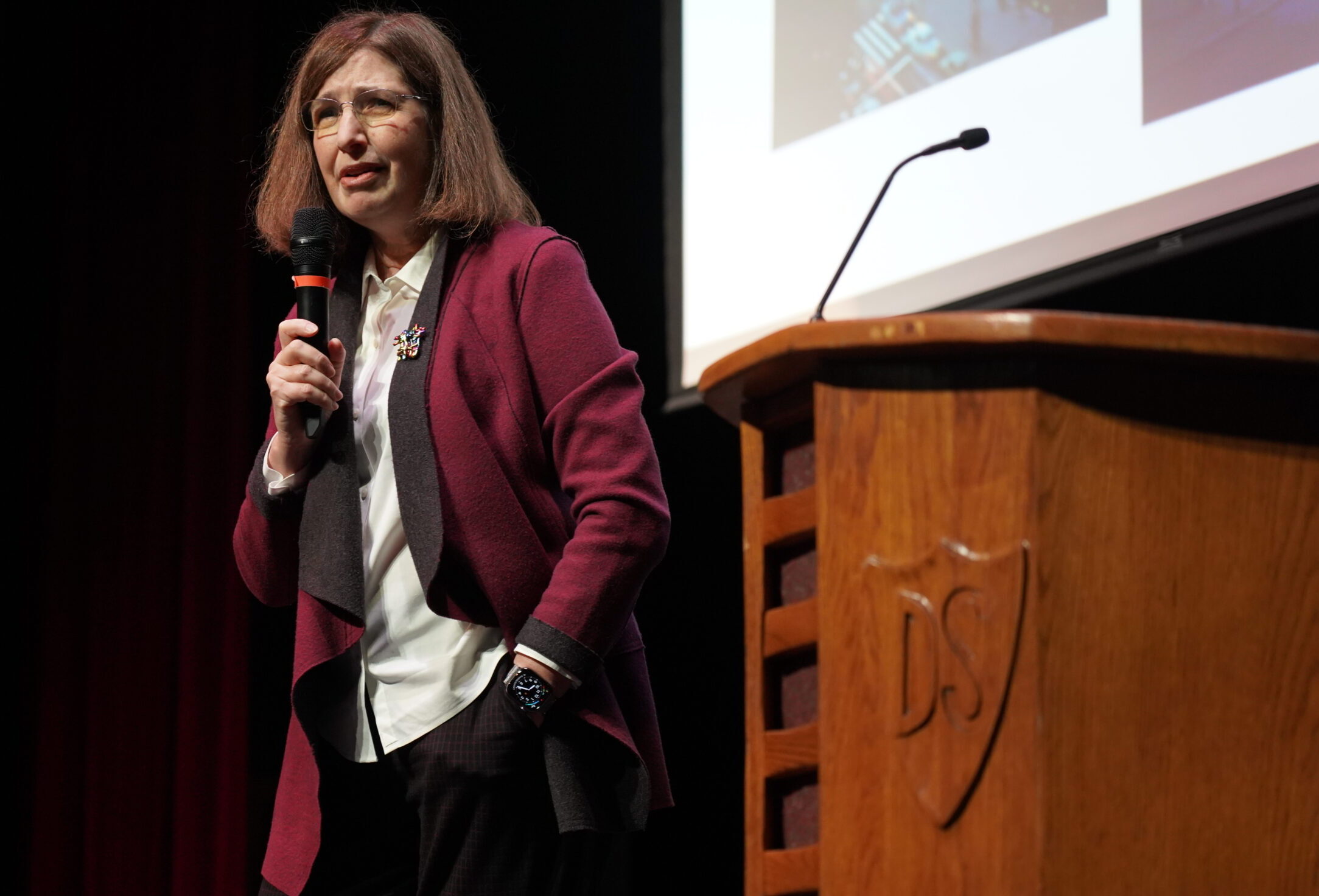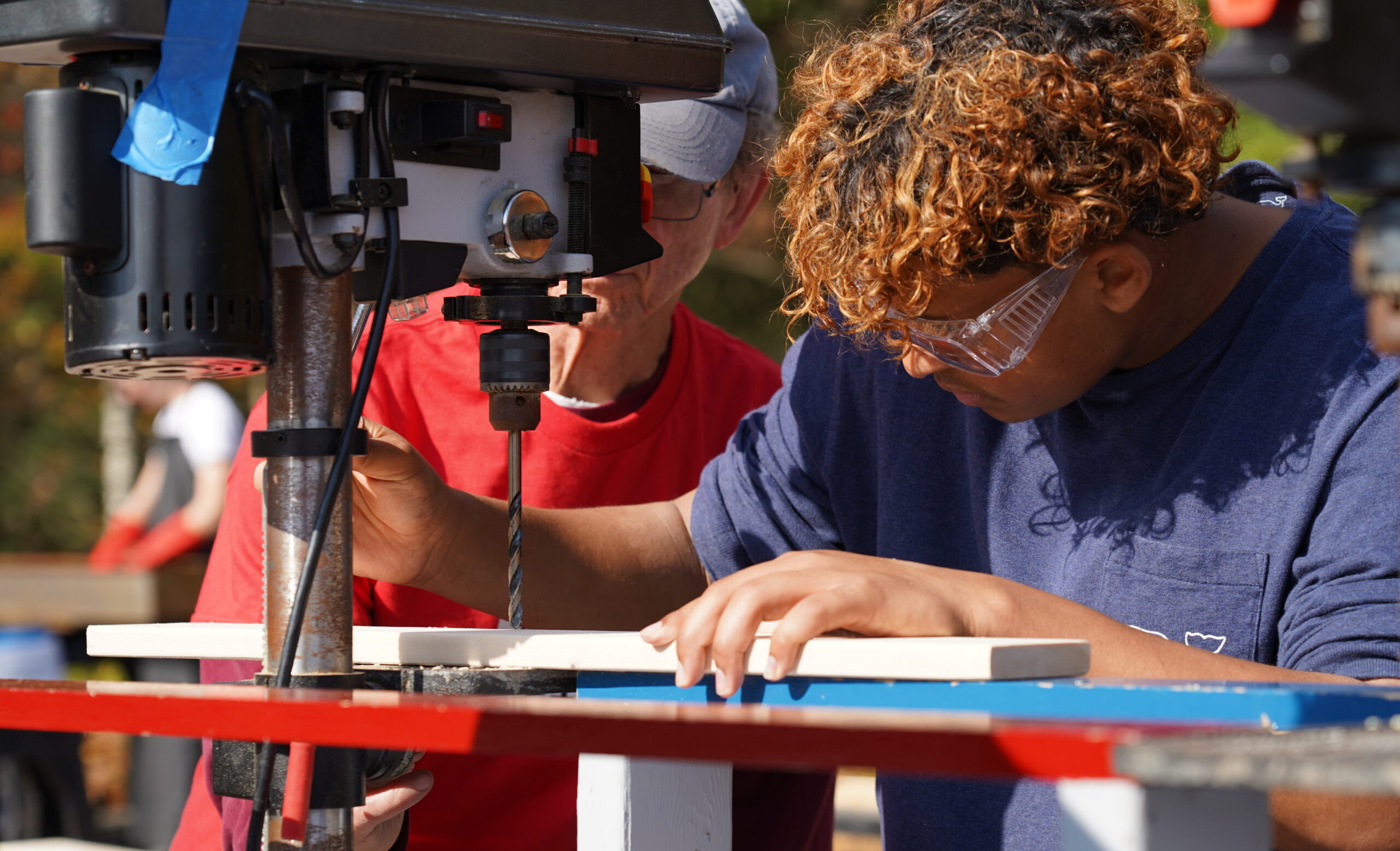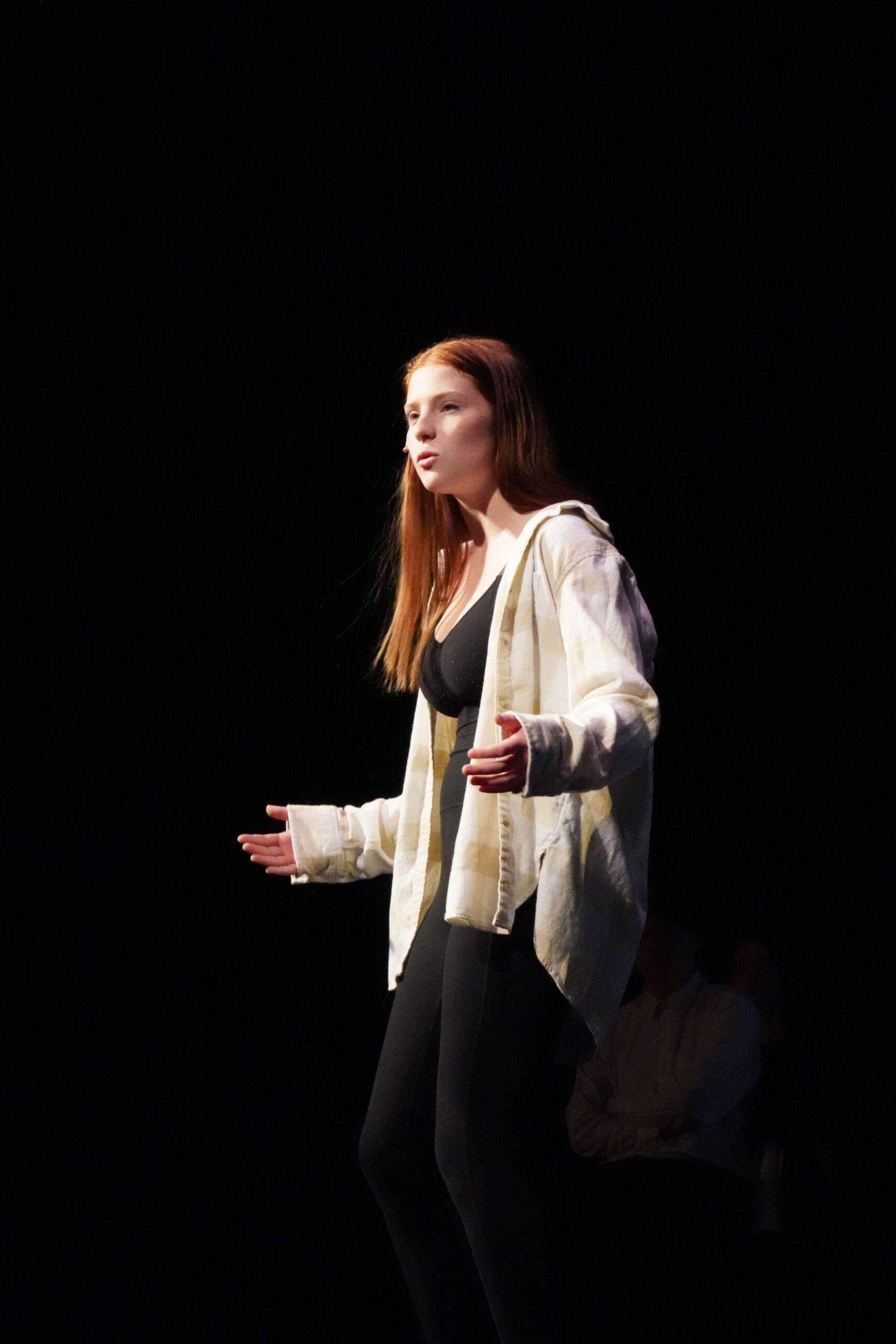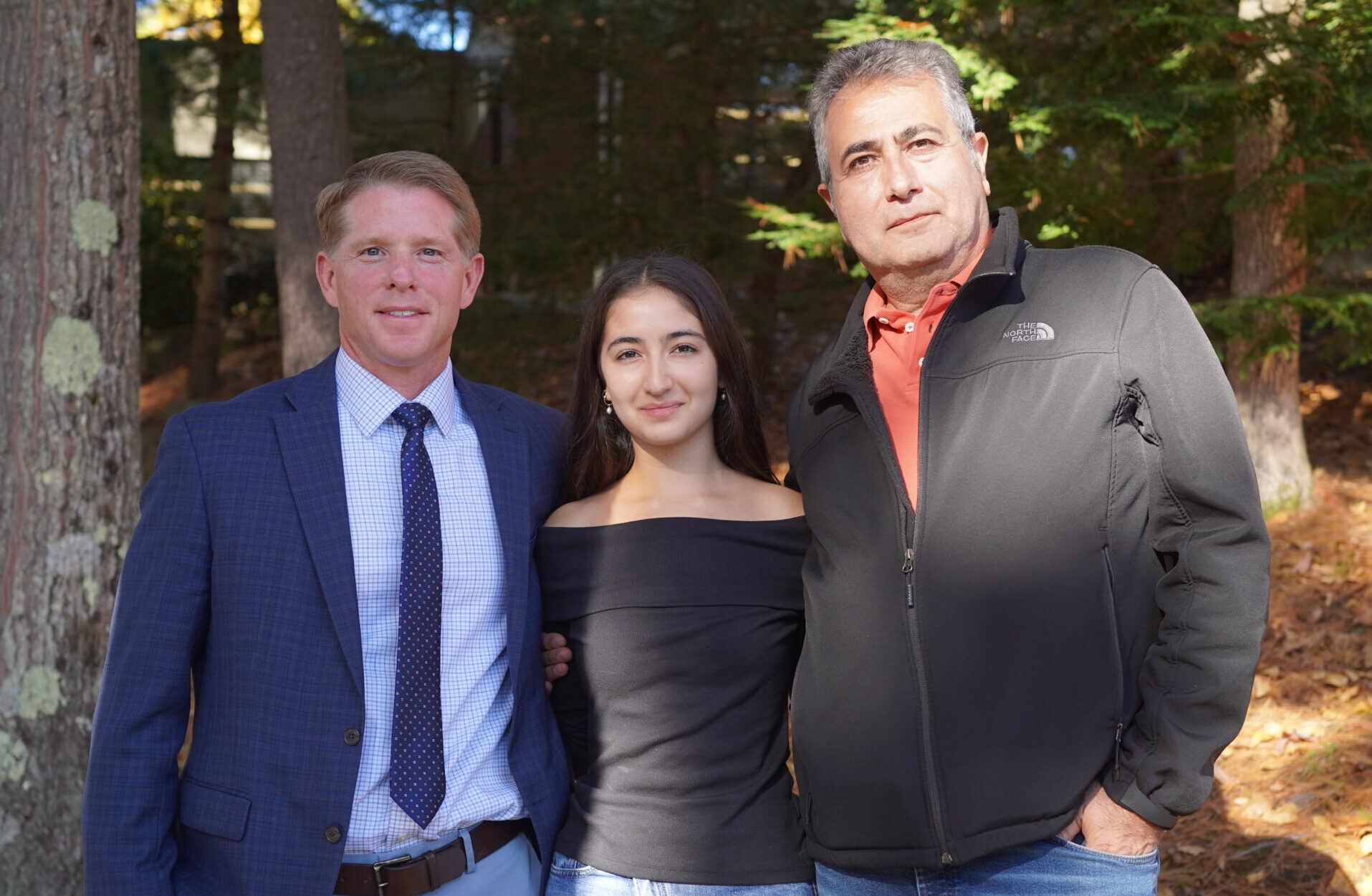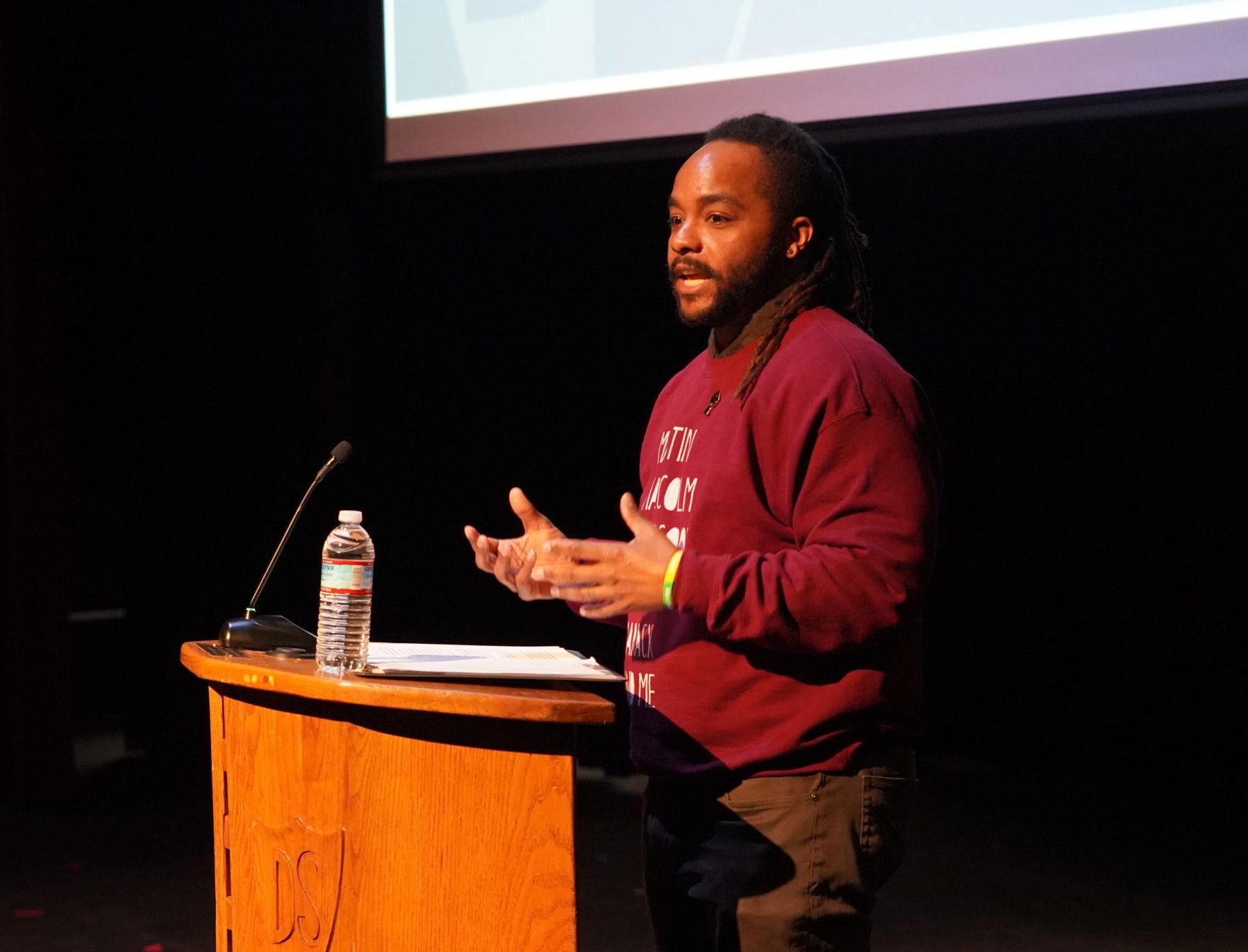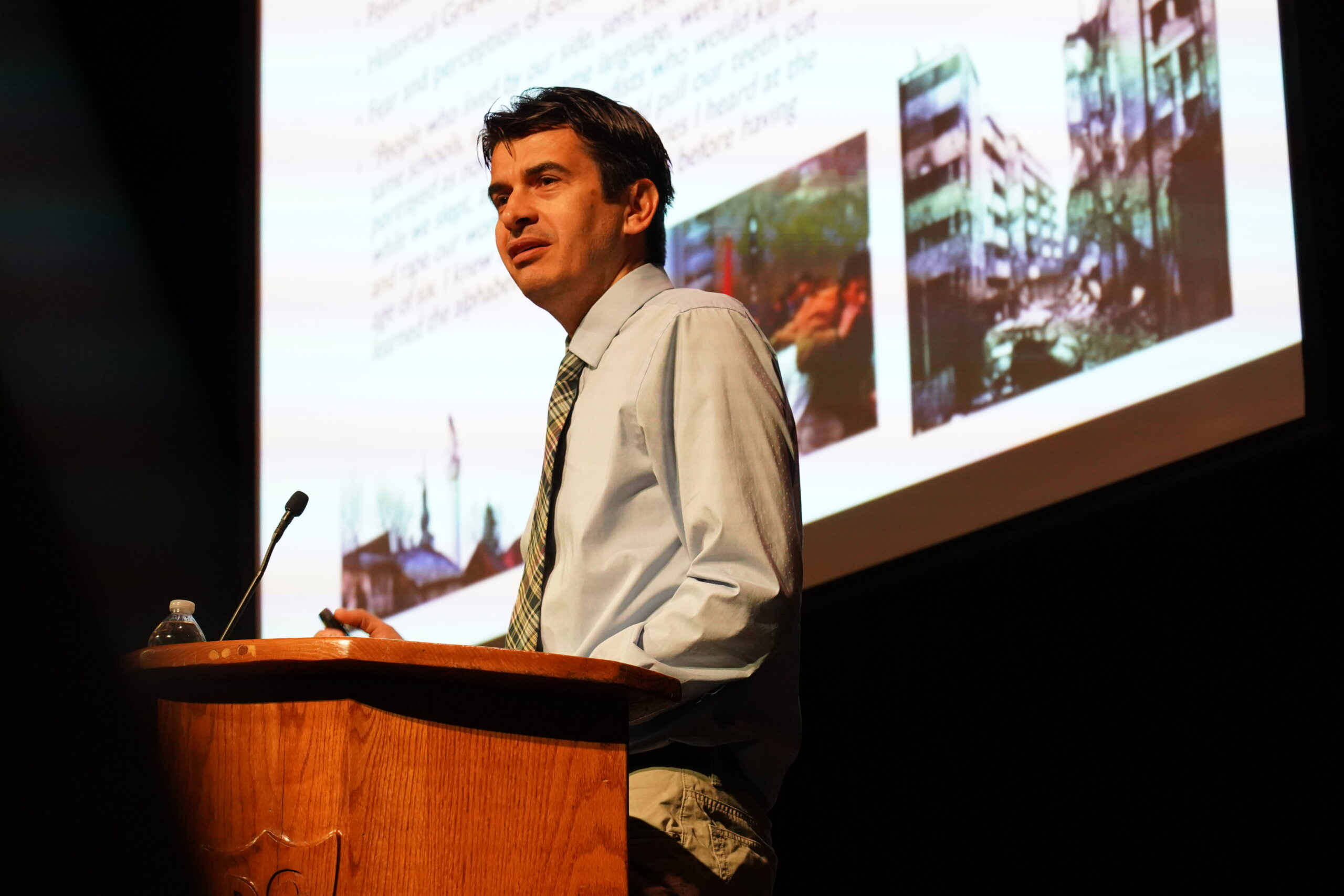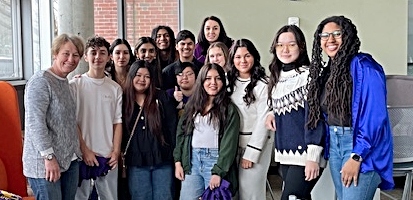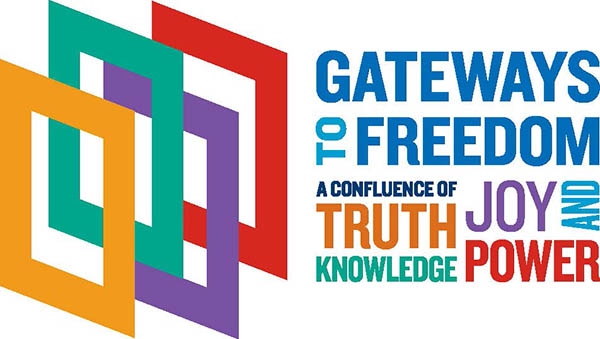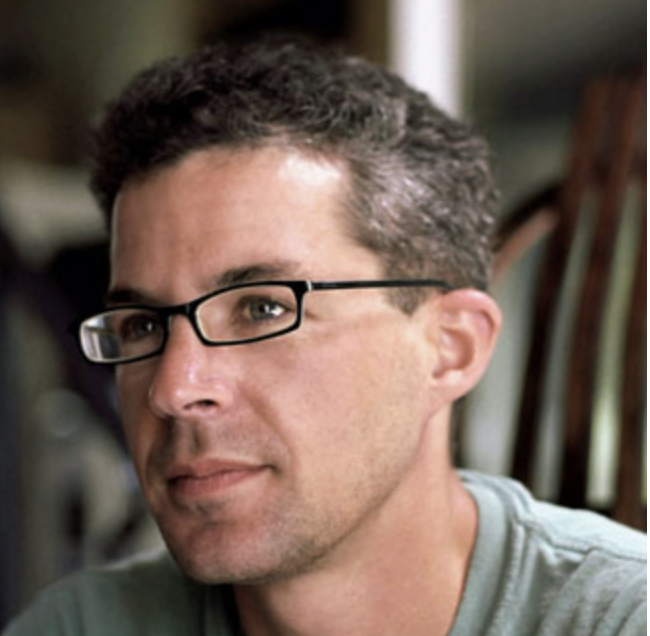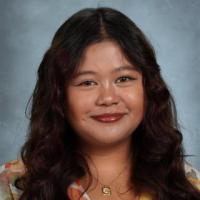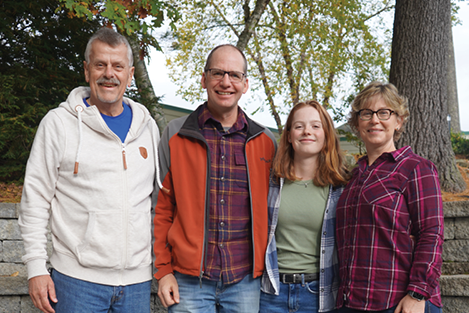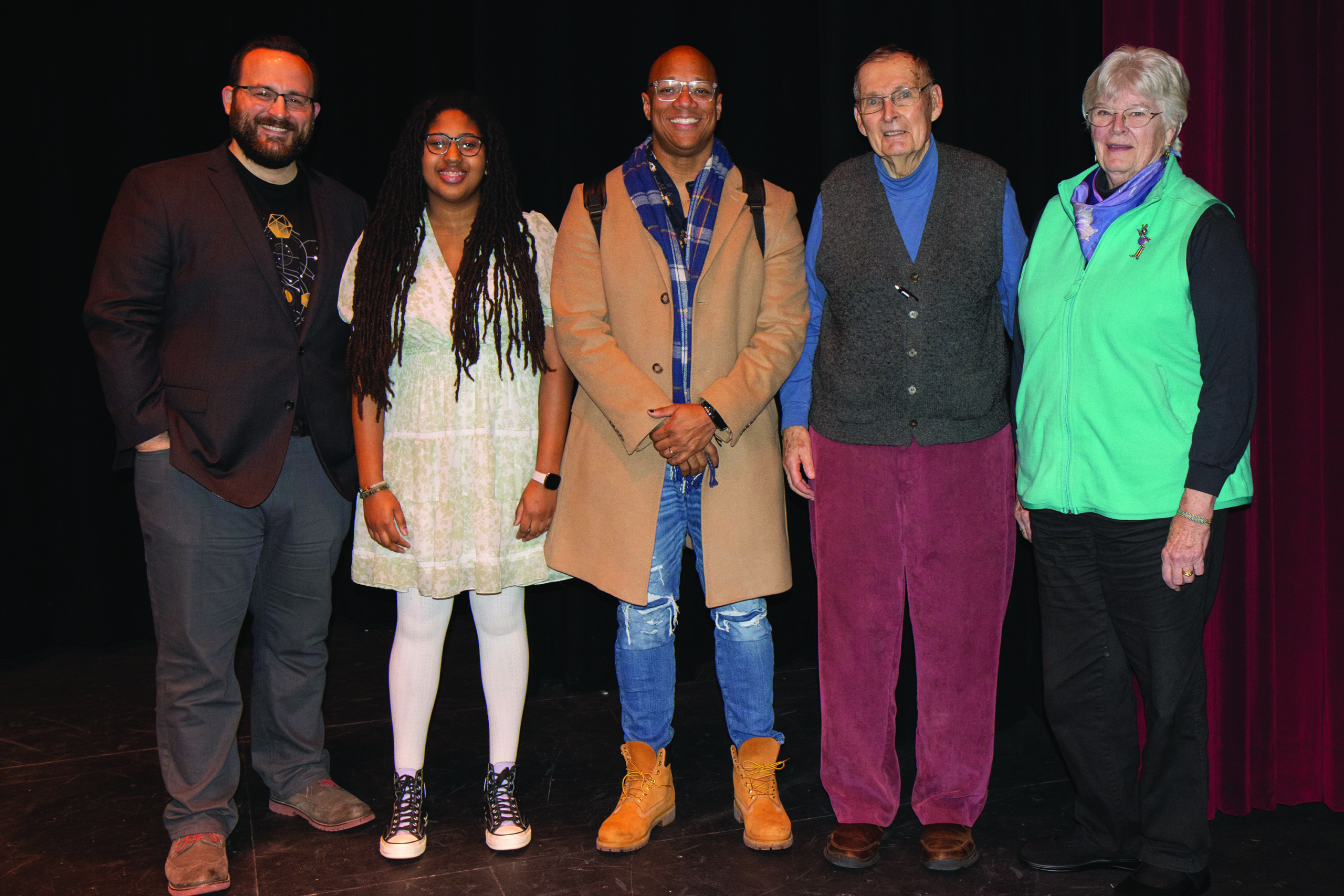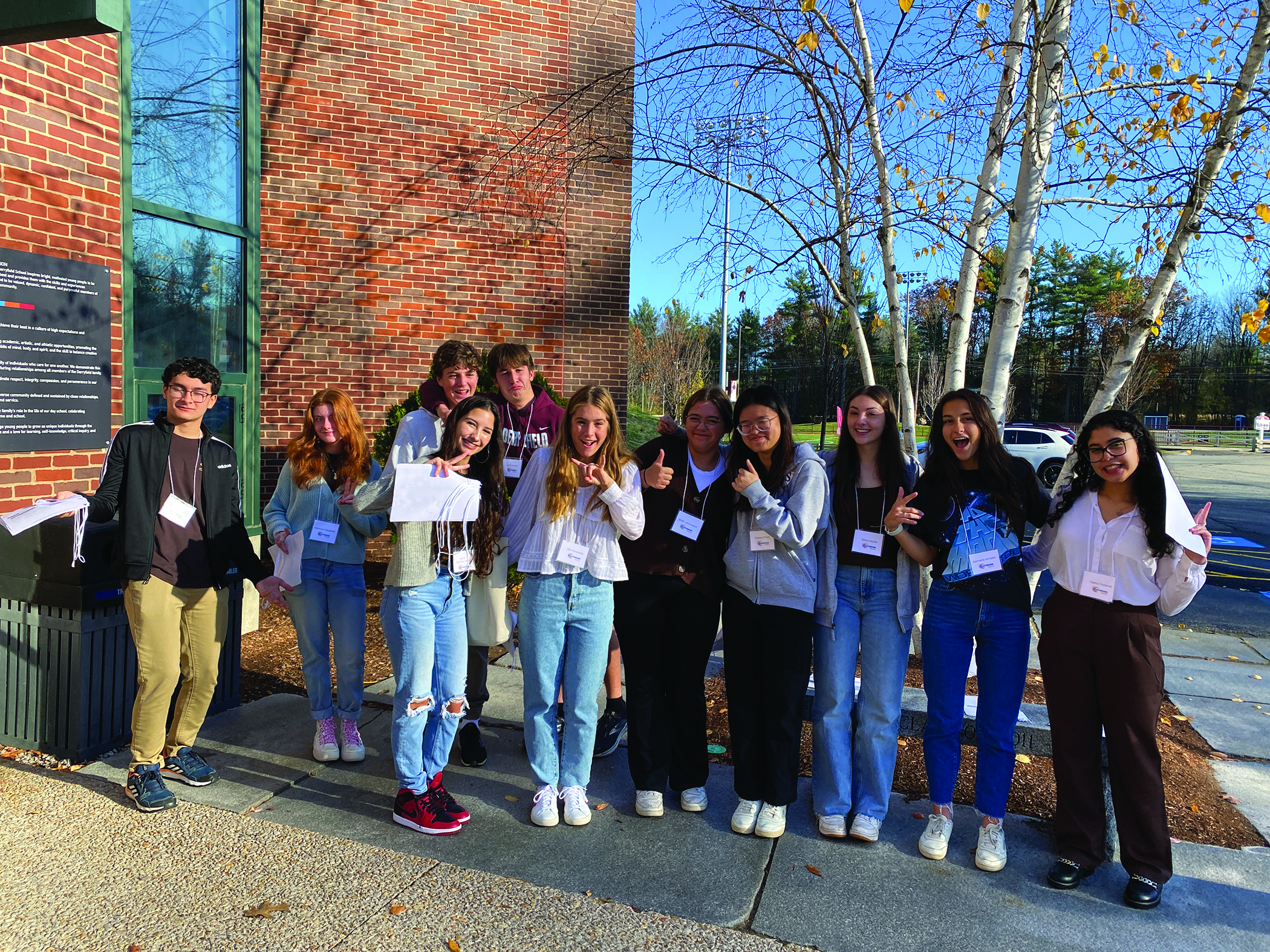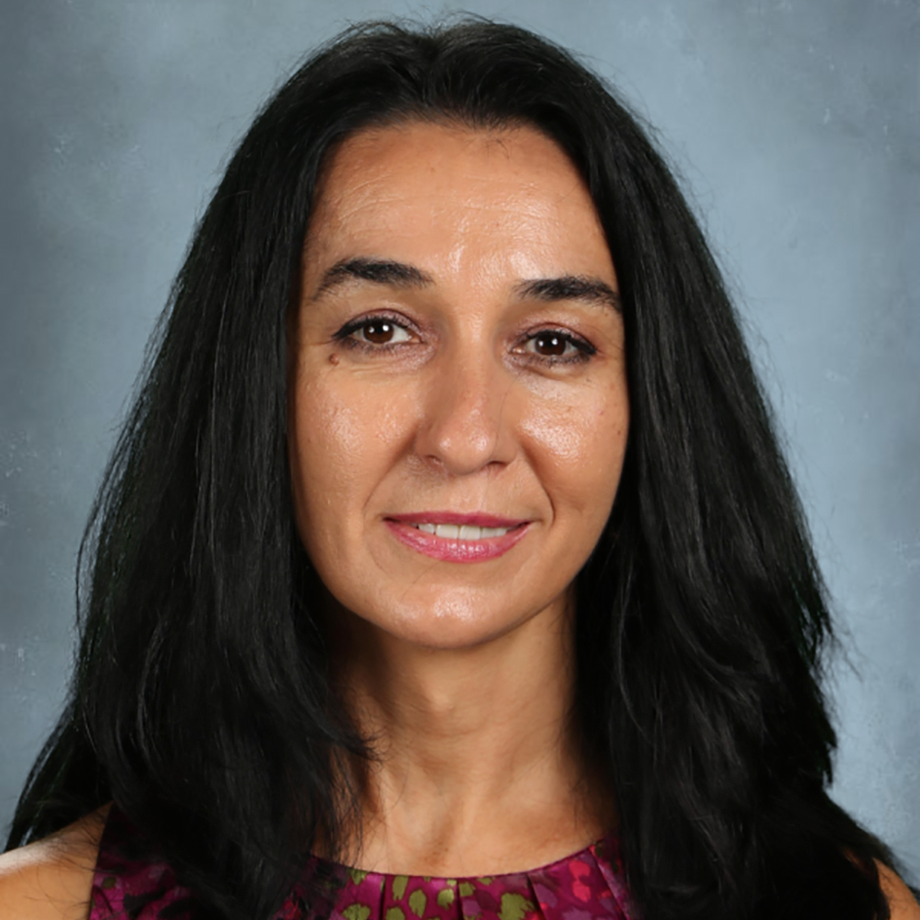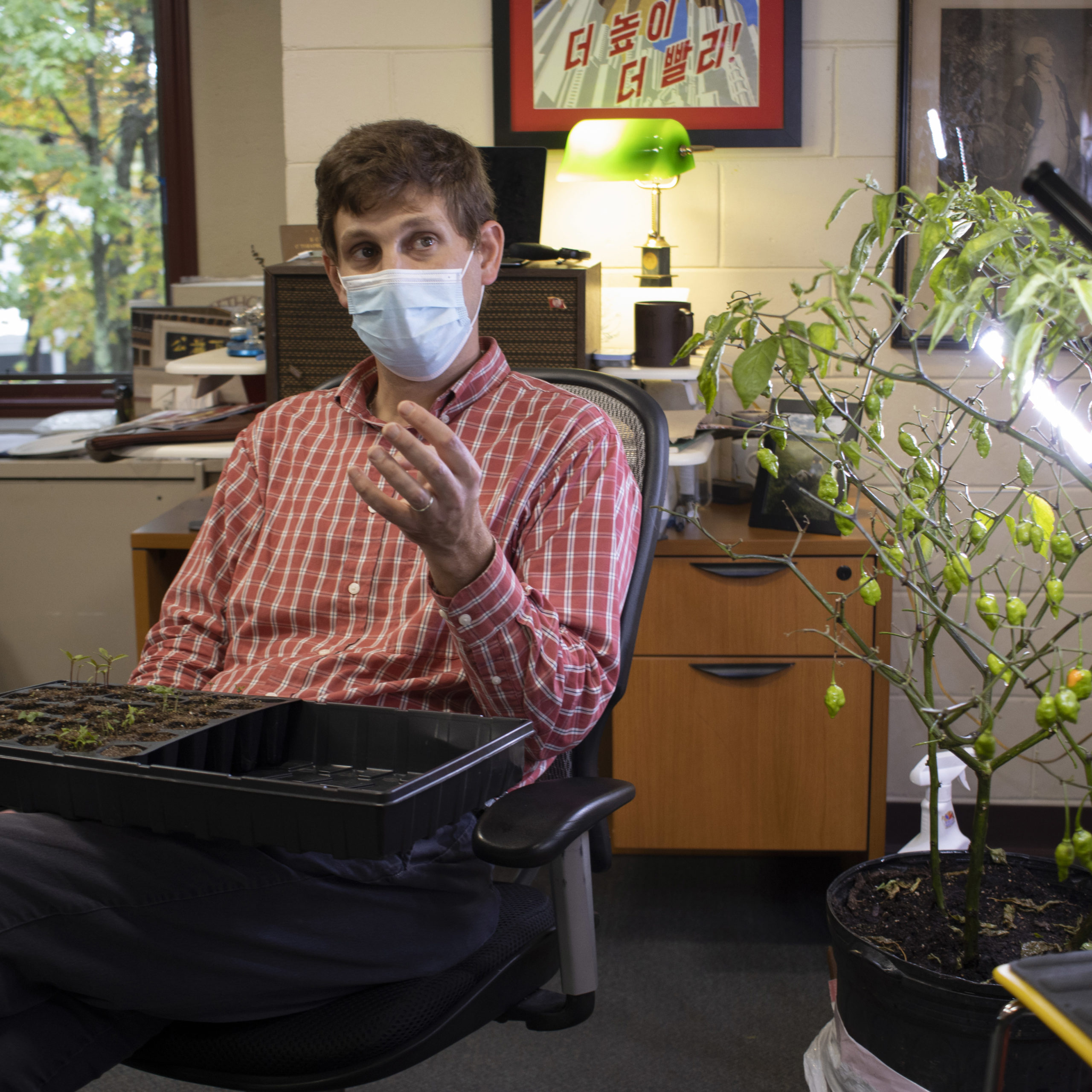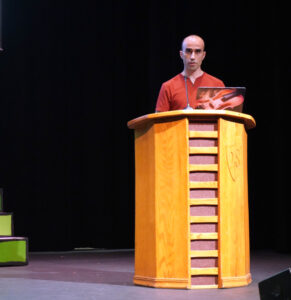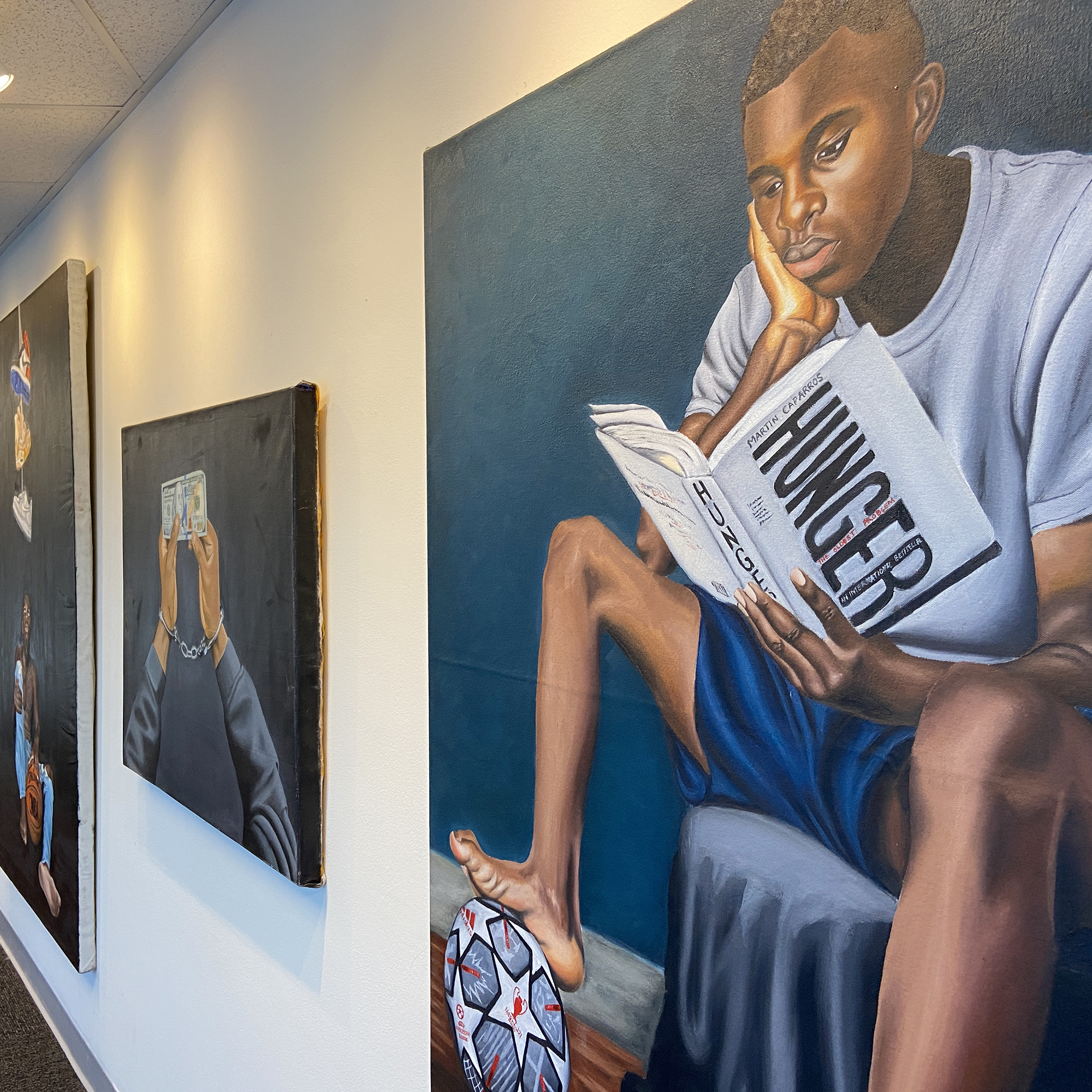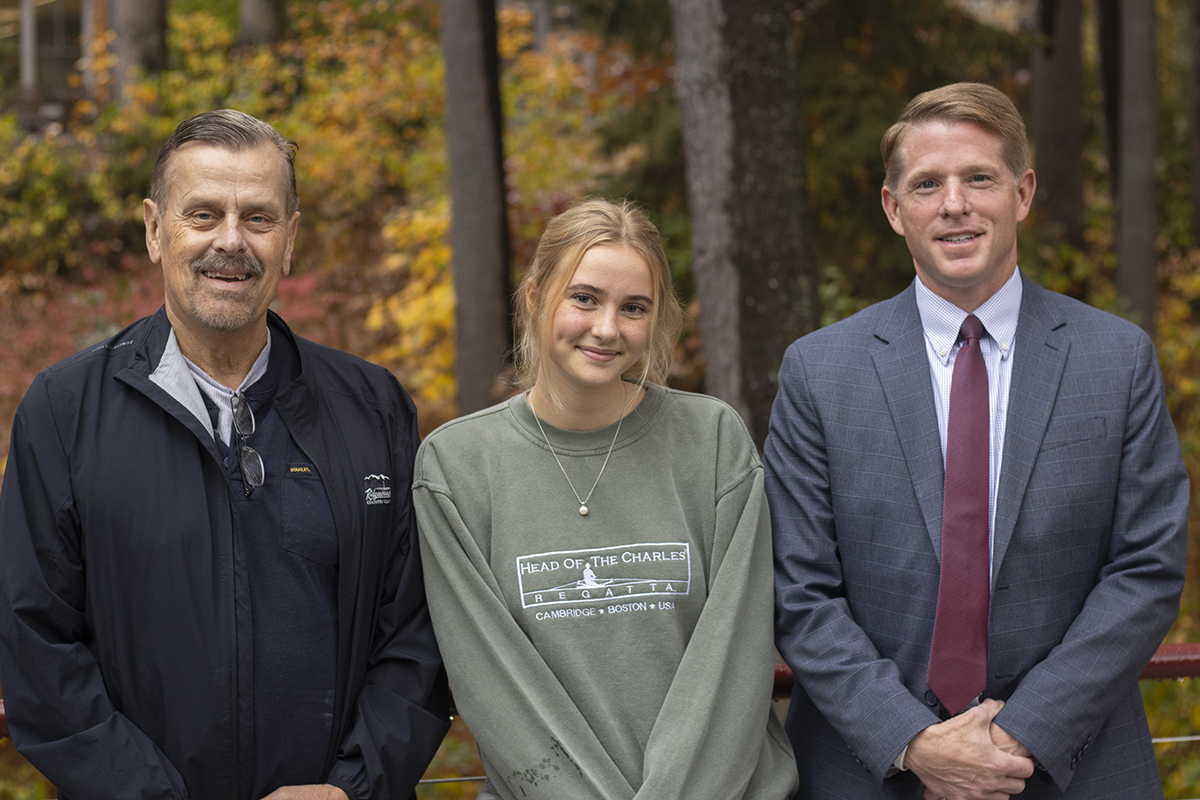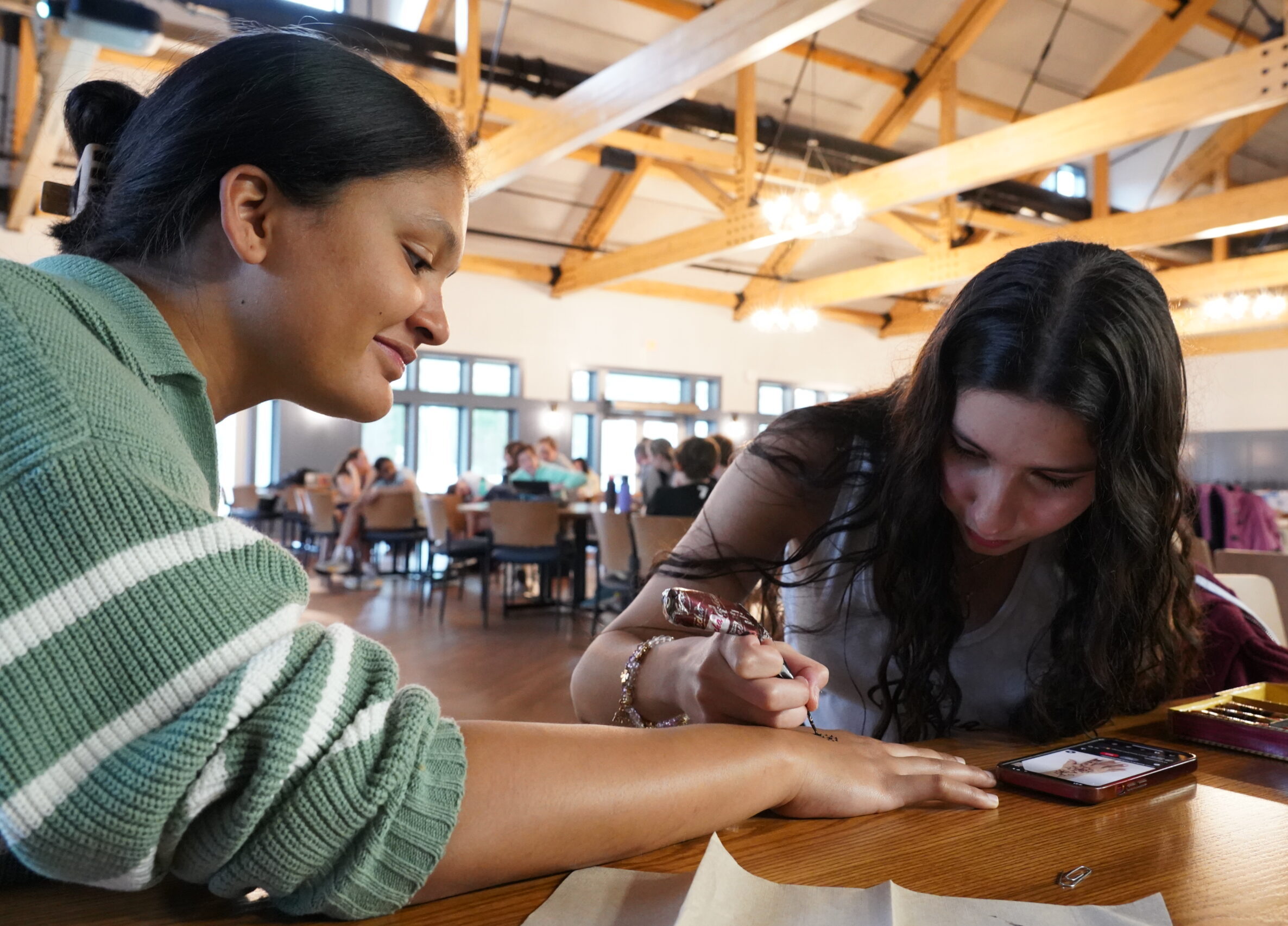Equity and Belonging
Not Just Inclusion…Belonging
Derryfield approaches equity and belonging with both ambition and humility. Students are encouraged to voice their opinions, to share their lived experiences, to question assumptions, to research others’ perspectives, to listen with a goal to understand, and to be inquisitive about the world around them. They are also empowered to express themselves and to bring their authentic selves to all that they do.
In the Classroom
+Built into the Curriculum
Students of all backgrounds benefit from a diverse curriculum because it better prepares them to be citizens and leaders in a multicultural society. Across Derryfield’s academic programs, from the humanities to the STEM disciplines, our teaching increasingly includes perspectives and discussions of gender, race, and other aspects of equity and belonging.
Preparing our students to be future leaders means teaching them to be anti-discriminatory and receptive to a diverse range of experiences and ideas. In every area of the curriculum, the faculty is addressing these issues to ensure that Derryfield graduates truly represent the Schools’ philosophy that “academic achievement without compassion and concern for others is meaningless.”
Enrollment Strategies
+Building a Diverse Community
For many years, Derryfield has implemented marketing plans and admission practices that sought to increase the number of qualified students of color through marketing, merit aid, and financial aid. In the last twelve years, Derryfield has increased the number of enrolled self-reporting students of color by 200%, reaching a high of 24% in fall of 2022. For all students, the most significant change has been implemented through an Equitable Tuition model of financial aid. Applicants are provided a tuition rate based on their unique family’s financial profile
Through collaboration between the Philanthropy & Engagement and Admission teams, Derryfield has provided a pathway for donors who seek to designate their annual gift to Equitable Tuition, and/or to Equity & Belonging, which funds new and existing equity and inclusion programs. With the encouragement and support of generous donors and foundations, Derryfield utilizes three endowed need-based scholarship funds to help enroll motivated students who could otherwise not afford a Derryfield education.

Alliance Group
GLOW (Gay, Lesbian, Or Whatever!)
GLOW is a LGBTQ+ alliance group. Their goal is to provide a space where all students can share experiences, ask questions, and feel comfortable exploring their sexuality and gender identity without fear of judgment. GLOW is open to everyone and anyone who may be interested in queer topics as we believe everyone deserves to feel comfortable and confident in their identity and when exploring their perspectives and the perspectives of others.

Affinity Groups
Affinity groups offer an opportunity for students to come together in a safe, supportive space where they can connect with others who share similar experiences and identities. These groups help foster meaningful relationships, where students can feel a sense of belonging and empowerment, knowing they’re surrounded by peers who truly understand them. We emphasize that creating a space where personal growth and identity exploration can happen in a nurturing environment. It’s about honoring and celebrating who they are while also helping them build connections that strengthen their sense of self.
Black, Indigenous, and People of Color (BIPOC)
The mission of BIPOC is to provide a safe, comfortable, and fun environment for students of color so they can better understand their experiences as a marginalized student at Derryfield.
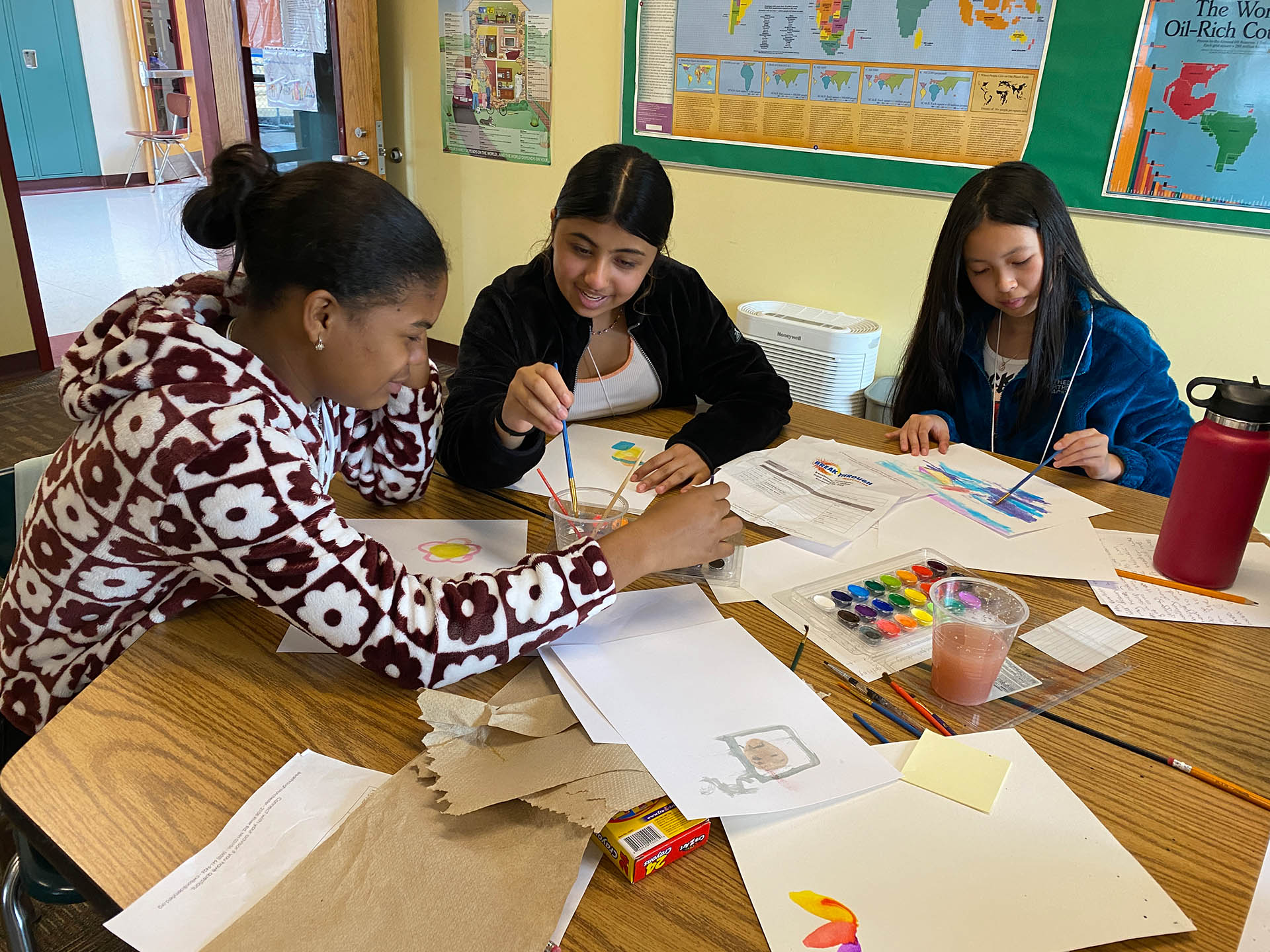
Breakthrough Manchester
Breakthrough Manchester is housed on Derryfield’s campus and is the second oldest of the 24 Breakthrough program sites in the country. Our Breakthrough students are all Manchester area residents and the program currently serves 169 students, 73% of whom identify as students of color. In 2016, we partnered with Southern New Hampshire University, in an effort to meaningfully expand this academic enrichment program beyond the middle school years, all the way through grade 12. On Derryfield’s campus, middle school students have their summer and school year educational experiences, while SNHU supports them through high school and the college enrollment process.
Activities and Explorations
Equity Club
Equity Club strives to provide students with a safe and educational space to discuss inequities surrounding gender, race, sexuality, and more. We seek to create a more inclusive Derryfield community by fostering an increasingly welcoming and diverse culture within our space. We hold a safe, non-judgmental space where students can come to discuss social inequities in our lives and in the greater community. We strive to learn about things we can do in our everyday lives to fight for social justice, and we will work throughout the year to design and host our annual Equity conference.
Model UN
In Model UN, students step into the roles of ambassadors from UN member states to prepare and draft resolutions on the organization’s vast agenda. Student delegates in Model UN prepare draft resolutions, plot strategies, negotiate with supporters and adversaries, resolve conflicts, and follow the UN’s rules of procedure – all in the interest of mobilizing international cooperation to resolve problems that affect countries all over the world.
We Deliver Periods
We Deliver Periods (WPD) aims to educate the Derryfield community about the severity of the issue of period poverty in homeless women, and to attempt to combat these issues locally in the Manchester community. We want to keep this topic de-stigmatized and help people who have less access to these products in the greater area.
Community Leaders
Tony Bonjorno
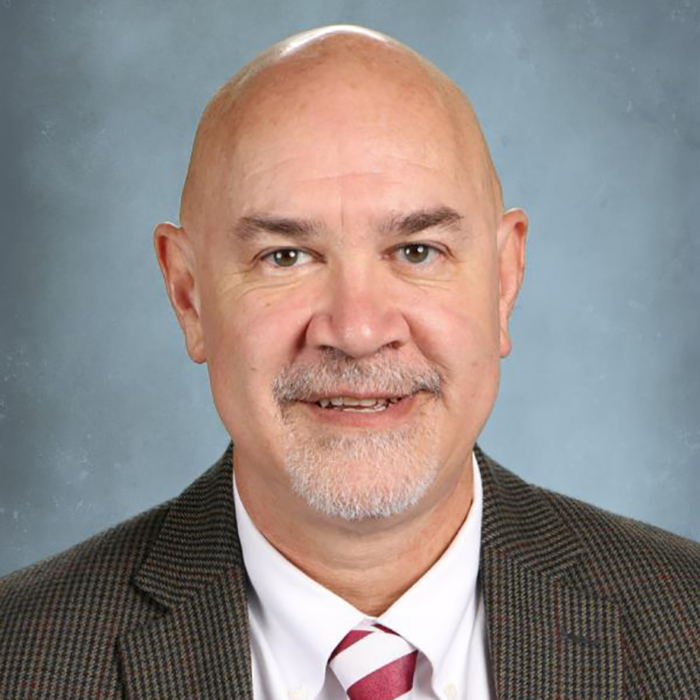

Tony Bonjorno
- Job Title:
- Arts & Design Department; GLOW Advisor
- Email:
- tbonjorno@derryfield.org
In addition to teaching general music, Tony leads the MS and US string ensembles, is the music director for our school musicals when he is not playing violin in the pit orchestra, and teaches a songwriting elective. He is the advisor to the GLOW Club. Prior to joining the DS faculty, Tony taught at the Surry Village Charter School and the Micro Academy Charter School, and taught private voice and violin lessons. In addition to teaching, Tony writes, plays, and records his own music and is very involved in youth and adult theater.
Courtney Cheetham
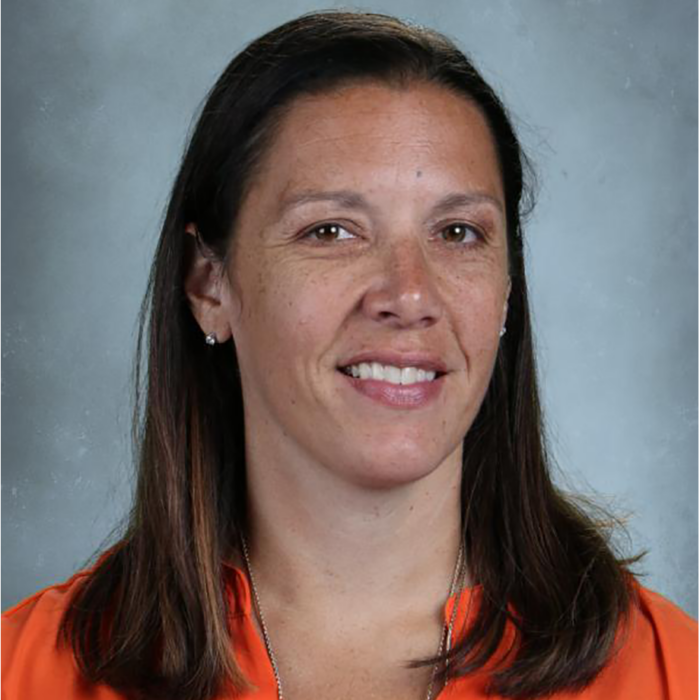

Courtney Cheetham
- Job Title:
- Director of Wellness; Leadership, Ethics, and Development Program Coordinator
- Education:
- Boston College - B.A., Rivier University - M.Ed., Rivier University - CAGS
- Email:
- ccheetham@derryfield.org
Role: Director of Wellness, Algebra 2 and LEAD Teacher
Other Hats: Girls varsity basketball coach, Advisor – Grade 8
Favorite Assignment: Ropes Course – In LEAD we are able to do the indoor climbing wall and outdoor ropes course. It’s a ton of fun to watch students develop confidence and step out of their comfort zones on the high ropes. It’s really high!
Favorite DS Tradition: Community meeting – it’s a unique opportunity to hear from all kinds of voices and to truly bring the community together with such cool presentations!
Anela Kruščica
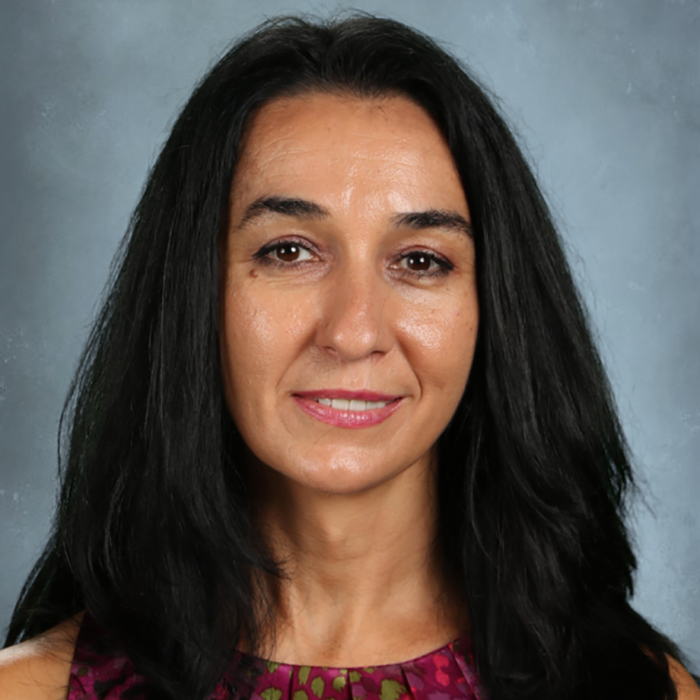

Anela Kruščica
- Job Title:
- Director of Equity and Belonging
- Education:
- Southern New Hampshire University - B.S., M.B.A. (in process)
- Email:
- akruscica@derryfield.org
Equity & Belonging News
Ancient Roman Holiday Celebrated
- Posted In
-
- Tags
- Latin
- World History
Derryfield Gives Back to the Community
- Posted In
Derryfield Gives Back to the Community
- Posted In
Student to Study in Taiwan on Summer Program
- Posted In
-
- Tag
- Language Study
Finding Connection Through Stories
- Posted In
Asian Culture Club Samples Global Spices
- Posted In
-
- Tags
- global
- international
- spices
Matimano on Exhibit in Lyceum Gallery
- Posted In
To Find the Good and Be the Good
- Posted In
-
- Tags
- community
- leadership
